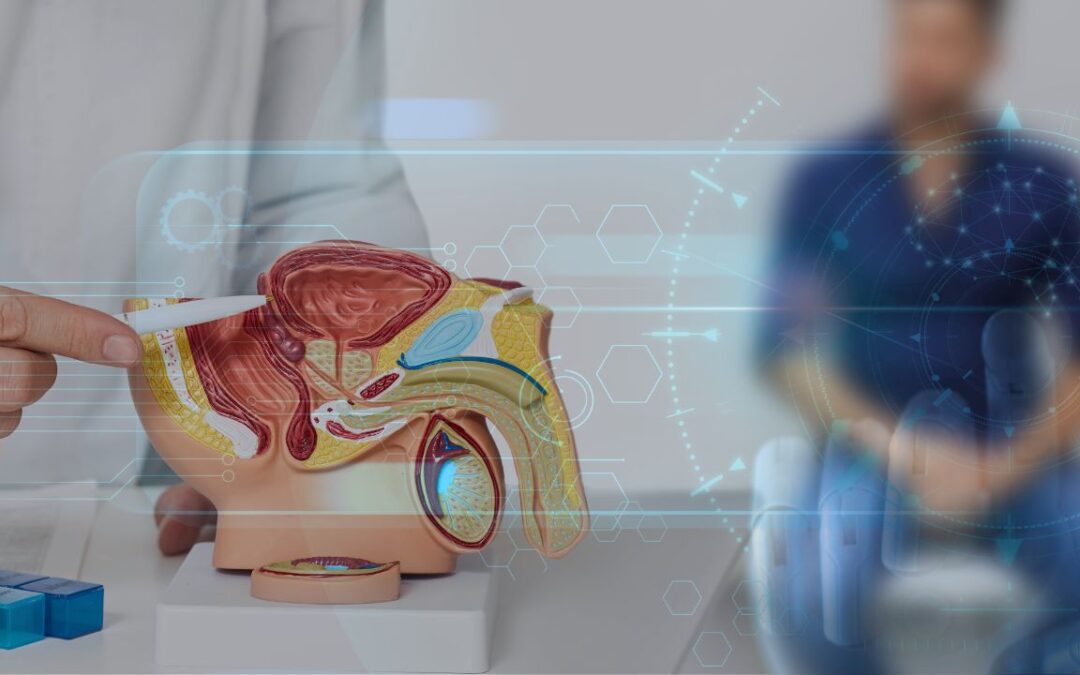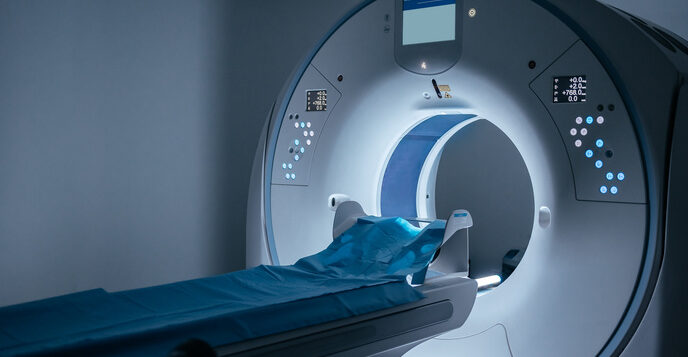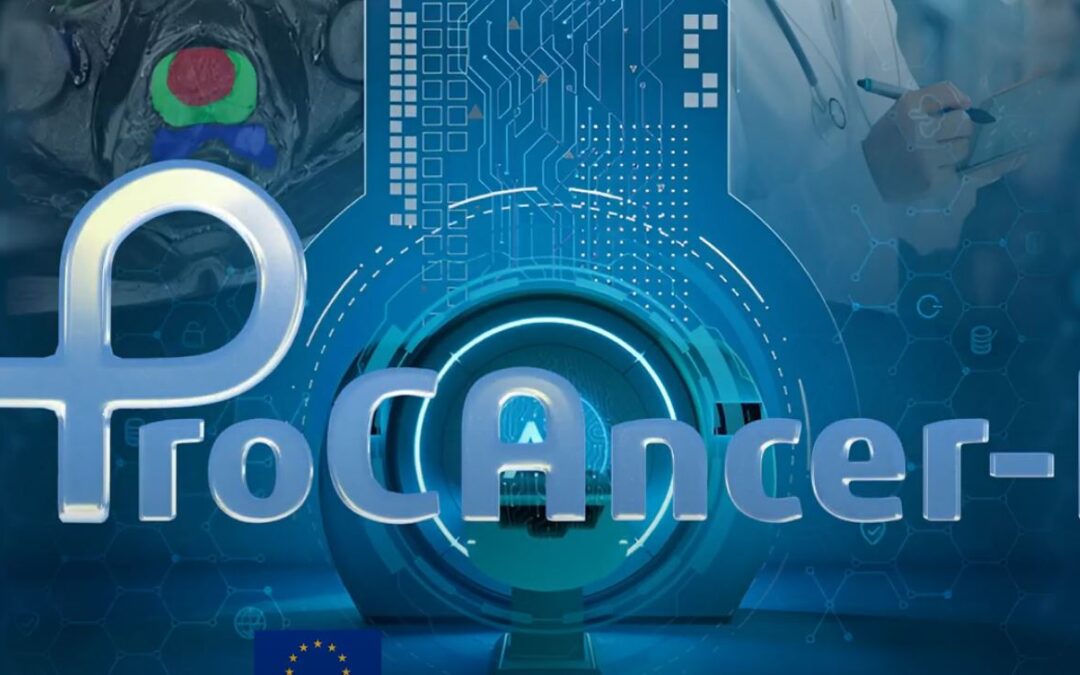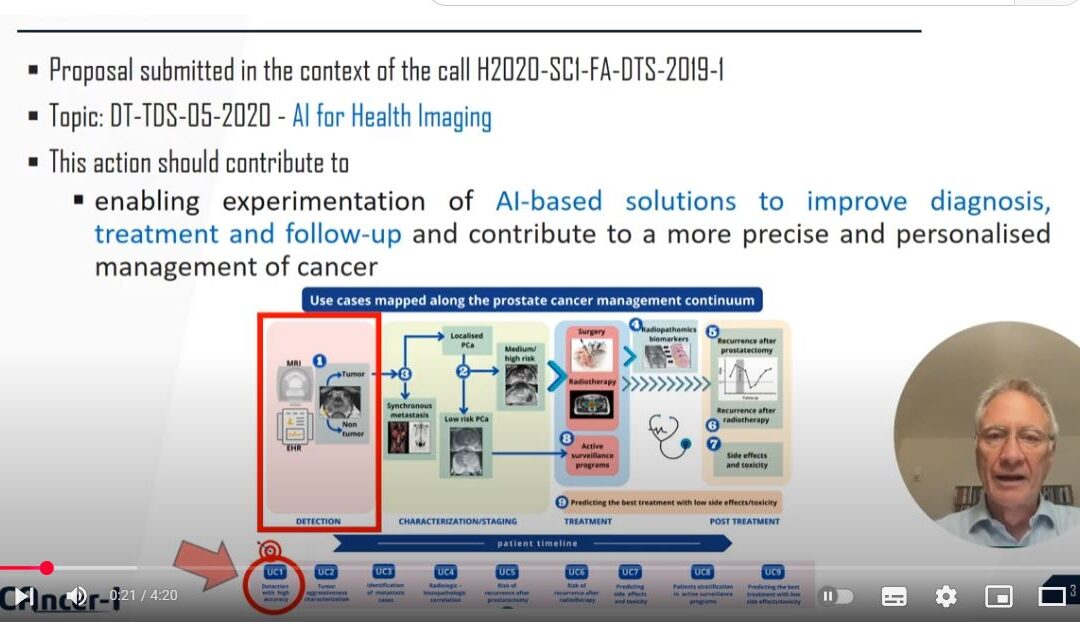A great congress once more! Artificial Intelligence (AI) took the spotlight at the European Radiology Congress (ECR) held at the Austria Center Vienna from February 28 to March 3. Under the theme of ‘Next Generation Radiology,’ cutting-edge technologies were showcased, reaffirming ECR’s status as one of Europe’s largest scientific congresses, drawing approximately 25,000 attendees.
Dr Papanikolaou held a presentation on “Artificial intelligence (AI) for health imaging: pioneering cancer image repositories for diagnosis and analysis” on the 29th of February
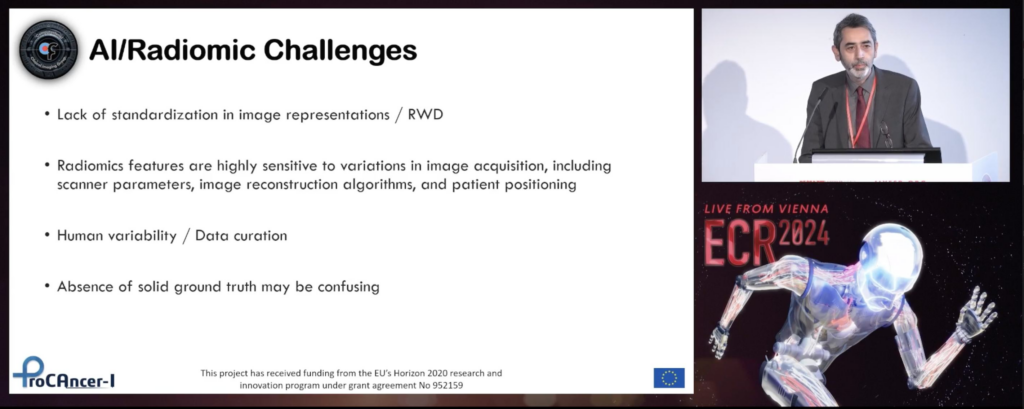
Also, the final outcomes of the PI-CAI challenge were presented on the 28th February at the Guerbet AI Symposium and at the poster presentations gallery
Our Technical manager, Prof. Kostas Marias gave a lecture entitled “Assessing the trustworthiness of saliency maps as a tool to increase clinical explainability of AI radiology models” on March 1, 2024 at 14:00-15:30 CET, presenting the outputs of the ProCAncer-I project.
During the ECR, we were awarded with the “Most Downloaded Paper Certificate” for our paper entitled “Data infrastructures for AI in medical imaging: a report on the experiences of five EU projects” published in European Radiology Experimental.
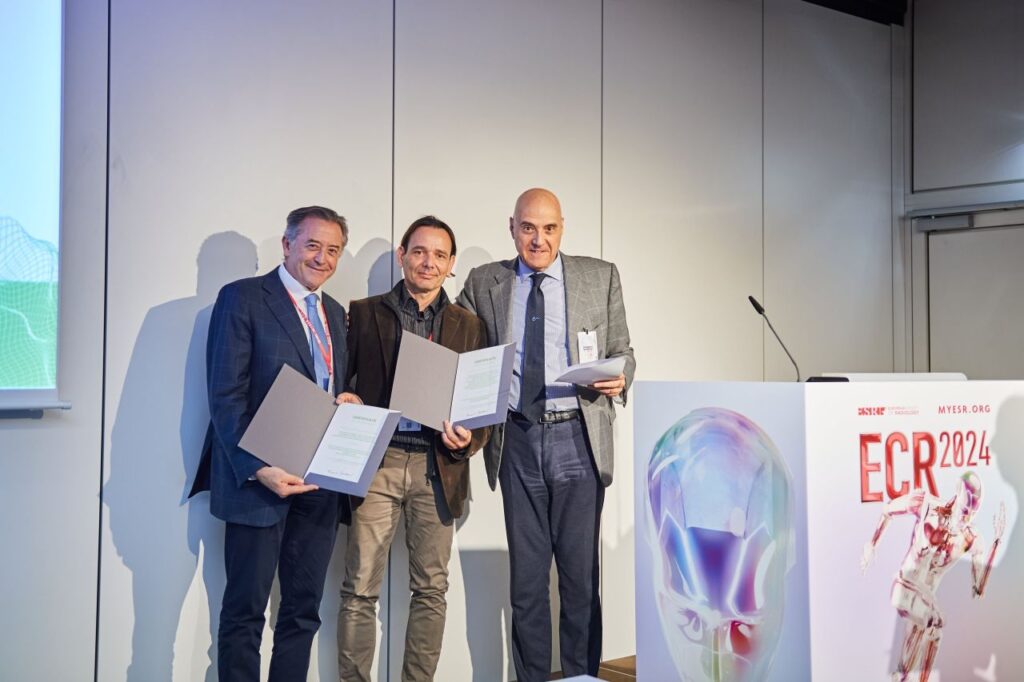
Hacettepe University Department of Radiology Faculty Member Prof. Dr. Deniz Akata was awarded the ESR Gold Medal by the European Society of Radiology for her contributions to the field of radiology and European radiology. Prof. Akata and her team in HACETTEPE are an important clinical partner at the ProCAncer-I project.
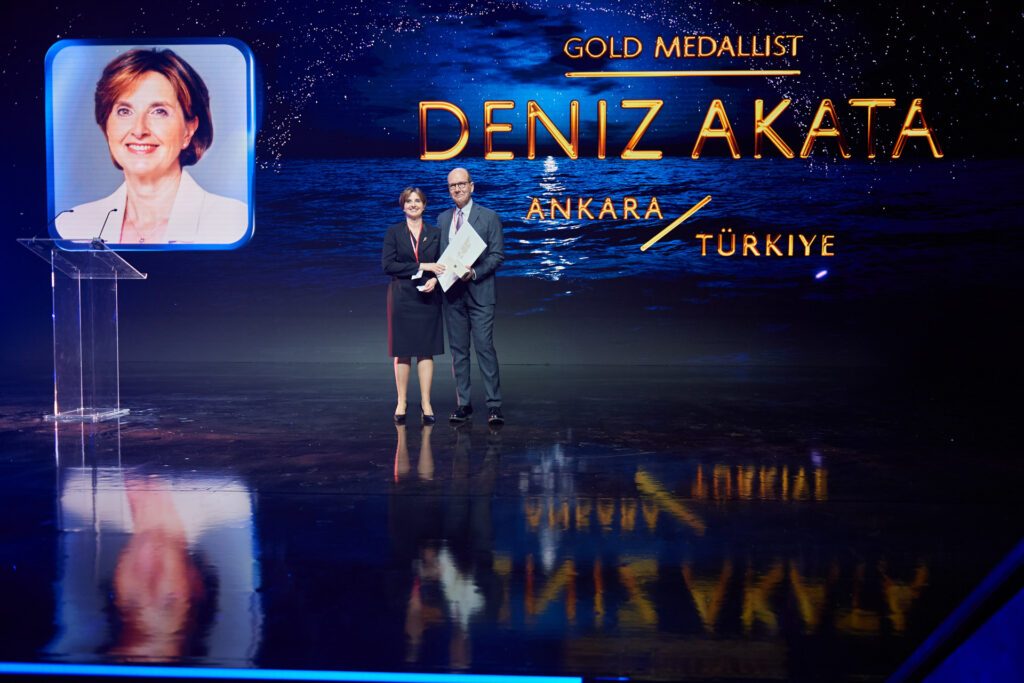
photos: https://connect.myesr.org/


